Getting One Social Expectation Down Doesn’t Mean We Suddenly Know Them All
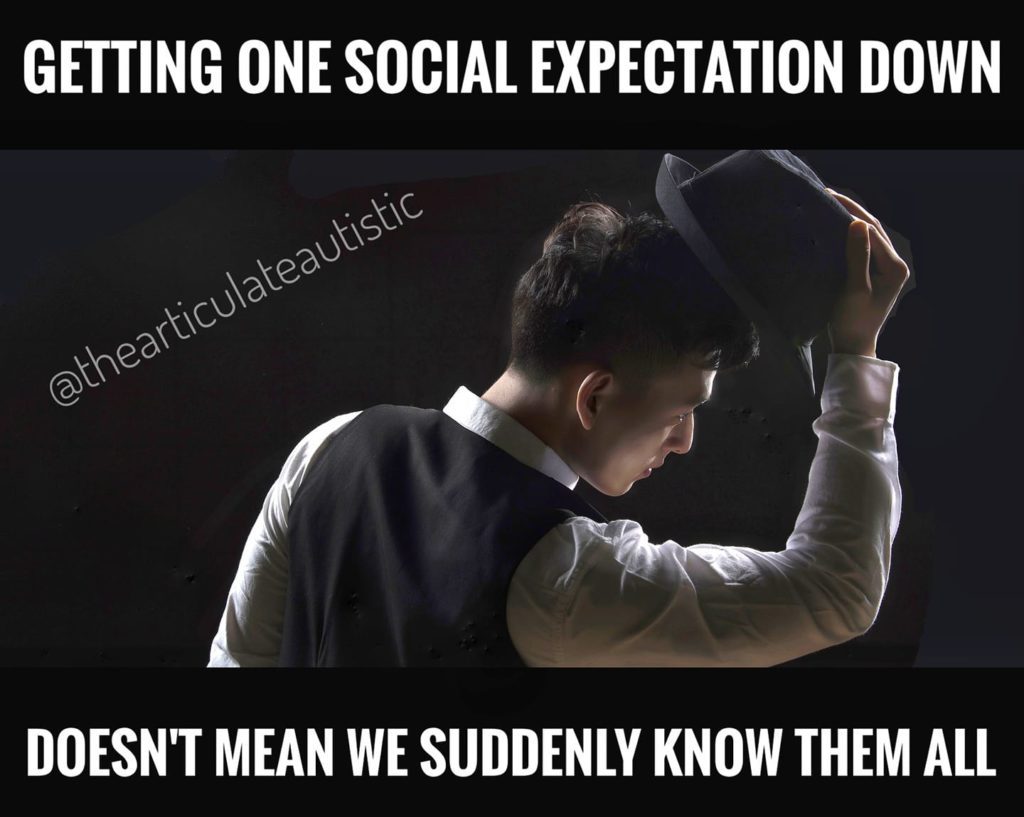
It’s come to my attention that there is a significant misunderstanding around an autistic person’s comprehension and carrying out of social expectations.
For example, Johnny (16) may have learned that opening the door for Grandma is a sign of respect and kindness.
His parents see this improvement and mistakenly think, “Oh, it’s clicked! He understands social skills now! All that training really worked.”
Oh, no. No, no, no, no, no. Johnny’s parents are going to be in for a figurative and literal rude awakening when, 5 minutes later, Grandma is struggling to take a seat at the restaurant table, and their son is on his phone playing a game with absolutely no thought of pulling a chair out for her.
They’re going to be annoyed when the waiter asks what he’d like to order, and Johnny stops playing his game only right then to really study the menu and decide what he wants when everyone else at the table has already decided and now have to wait for him.
The entire family is going to be really flummoxed when Johnny’s father nudges his son in the ribs just enough to startle him but not hurt him physically and looks at him with a scowl and says through gritted teeth, “You’re being very rude right now, and I don’t appreciate it”, and Johnny, absolutely baffled and still glowing inwardly with pride about how he remembered to hold the door open for Grandma, is so taken aback by his father’s sudden and unexpected response, he jumps up quickly and accidentally knocks into a waitress carrying a tray of drinks in his desperate attempt to escape the building.
“What happened to Johnny?” They’ll say. “We thought he understood social skills now. After all, he opened the door for Grandma!”
Yeah, that’s not how this works. That’s not how any of this works.

One social skill is one social skill. One situation is one situation.
Unfortunately, there is an erroneous belief among some NTs that if the ND person in their life can do X, he should automatically be able to do Z, and…and this is what gets me, if they fail to demonstrate this newfound enlightenment (that does not exist), then they are only “doing appropriate social things only when it suits them”.
No. 100,000 times, no.
We don’t respond one way when it suits us (we get something “out” of it) and another way when we don’t.
That’s NT perception. When an NT person thinks that way, they are attaching NT motivations to ND behavior.
(Article continues below.)
The best way to improve communication with your autistic loved one is to understand how your autistic loved one’s mind works! Intentions, motivations, and personal expressions (facial expressions or lack thereof, body language, etc.), are often quite different in autistic people than they are in neurotypical people.
Experience a better understanding of your autistic loved one by reading books about life from an autistic perspective as well as stories that feature autistic characters. You’ll have so many “Ah ha!” moments and start seeing your autistic loved one in a different light (and you’ll have a better understanding of their behaviors, which you may have been misinterpreting up until now).
Books I recommend for a better understanding of your autistic loved one:
We are literal. If you say, “Open the door for Grandma,” we WON’T automatically translate that into, “Elders deserve courtesy and respect, and they may be a bit frail, so opening the door for them is both polite and practical. We should also pull out a chair for them, and, while we’re at it, decide what we want to eat when everyone else does so we don’t keep everybody waiting.”
No. We translate that into, “Open the door for Grandma.” That’s it.
However, if you explain WHY we should open the door for elders, like I did in my example, we will make the connections, remember the reasoning, and then be more likely to open the door for other elders without prompting.
There is no manipulation here. We take what is said to us at 100% face value, and what I’m about to say next is why it is SO CRUCIAL to explain why to an autistic person when teaching them a new social skill.
Say, Aunt Bea comes along to the party. Johnny opens the door for Grandma as instructed, but he lets the door slam right in Aunt Bea’s shocked face.
Someone might say, “Well, he opened the door for Grandma, but he let the door close right in his great aunt’s face. What a jerk!”
No. He was so incredibly focused on holding the door for Grandma, that he likely didn’t even SEE Great Aunt Bea coming in from behind.
All he can think is, “I need to get this right. I need to get this right.” All other operations and considerations are gone. There is only this one thing, especially if the person is young and/or traumatized and/or undiagnosed.
We want to get the thing right at all costs. And, when we do, we’re usually pretty happy and proud of ourselves, so being yelled at after that (because our defenses are down at that moment) makes it that much more triggering and likely to cause what NT people would deem an overreaction.
– Jaime A. Heidel
So, in conclusion, if we learn one social skill, we’ve learned ONE social skill. We are not suddenly masters of all, the “fog has not lifted”, there’s still more work to do.
Also, explaining why will help us make a logical connection to the social skill, and that will help it integrate into our brains so we are not just obeying a command for survival, we’re actually learning the meaning and purpose of our actions and can connect feelings and reasoning to them.
Now, I’m not saying that all ND people are like 16-year-old Johnny, here. He’s just an example, but he’s a good one for those NTs who still have the mistaken (and very dangerous) belief that the NDs in their lives are purposefully manipulating them.
Follow me on Instagram.
Want downloadable, PDF-format copies of these blog posts to print and use with your loved ones or small class? Click here to become a Patreon supporter!


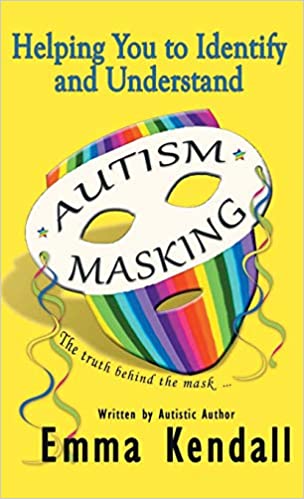


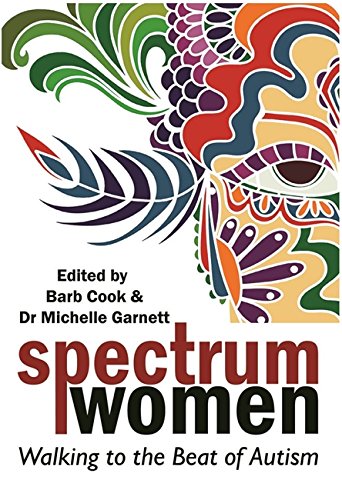
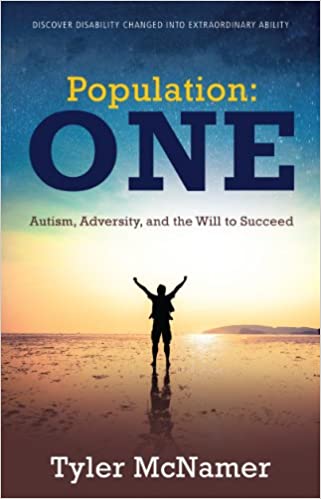
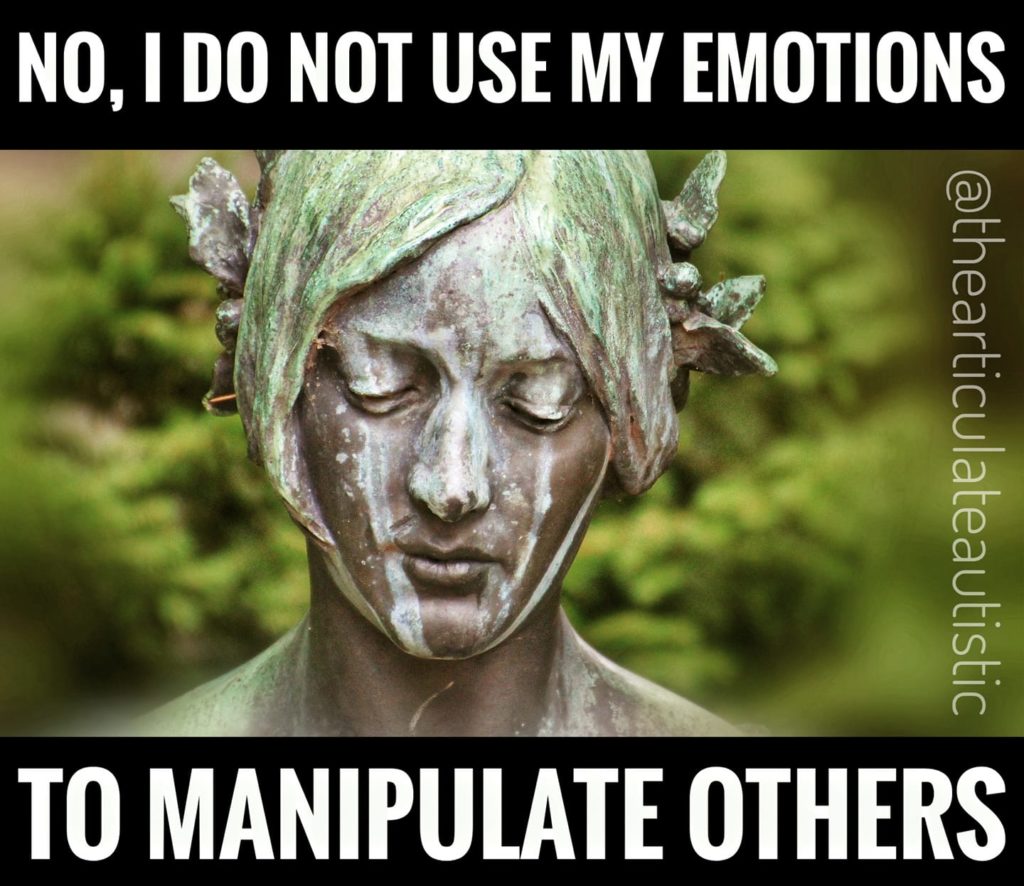



5 Responses
[…] In the past few posts, I’ve talked about how important is for neurotypical (non-autistic) people to answer any and all questions in plain language (especially parents of ND (autistic) children), and how the understanding of one social skill, in the case of an ND person, does not equal sudden understand…. […]
[…] think that once an autistic person (finally) learns a complex social rule, one, we are really excited. We’re really happy to finally have “gotten in […]
[…] It’s not enough to just tell an autistic child (or any child, really) that they should say or do a thing but WHY. What is the meaning behind this action? […]
[…] Also, autistic adults and children alike often have “inappropriate” emotional responses to facial expressions, tone of voice, and body language because we’re often taking a stab in the dark (guessing) as to what they mean, especially if we’ve never encountered a certain set of circumstances before. […]
[…] can be difficult. On the one hand, once we learn a rule, it’s often set in stone for us, and even the idea of adapting a rule based on different circumstances or situations doesn’t even enter our …. On the other hand, if we don’t understand the context of a rule, or the “why” of a rule, we […]